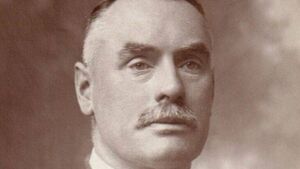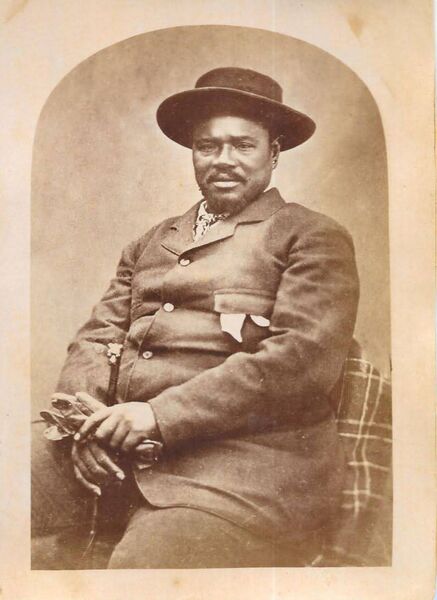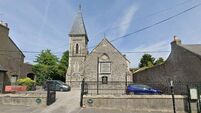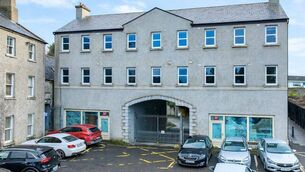Fate kind to Athy man during Zulu War

Athy's James Barber in civilian life after his army service
EARLY on the morning of 11 January 1879 British and colonial forces crossed the Buffalo river into Zululand (part of modern day South Africa) at Rorke’s Drift.
This marked the commencement of what became known as the Anglo Zulu War between the British empire and the Zulu nation.
From the British perspective the purpose of the invasion of Zululand was to protect the settlers in Natal and Cape Colony but in reality the grounds for the invasion were concocted by the British colonial authorities in order to advance their territorial ambitions in the kingdom of the Zulus.
The British Forces were a combination of regular British troops, colonial volunteers and native levies.
One of the British army regiments comprising these forces was the 2nd Battalion of the 24 Regiment of foot which recruited in Brecon, South Wales where a regimental depot had been established in 1873.
While now regarded as a Welsh regiment, in reality, like much of the British army, almost twenty per cent of its number would have been Irish men.
Amongst their number was Private James Barber who was born in Athy in 1849.
He was the son of Michael Barber and Catherine Byrne and it is likely that his father was a recent resident in Athy and possibly even stationed in the Barracks in Woodstock Street as a soldier.
It was an inauspicious time to be born in Athy.
1849 marked the last year of the Great Famine and while Athy had suffered none of the losses of the population as suffered on the western seaboard in the south of Ireland, deaths in the Athy Workhouse were approximately 1,205 men, women and children.
The losses caused by the Famine were compounded by an outbreak of cholera in the town in June 1849.
By 29 September that year, 27 cholera cases were recorded and 11 local cholera victims had died. A temporary cholera hospital was opened in the town and funds intended for the relief of the Famine had to be diverted to deal with the cholera epidemic which would remain a threat to the public health until the following year.
Barber must have been a fairly sturdy youth as he survived childhood, bearing in mind that in the year of his birth life expectancy in Ireland fell to just 14 years, having been 38 years in the early 1840s prior to the Famine.

His army service record showed that prior to his enlistment in the British Army he served in the Kildare Rifles which were established in 1855 as successor to the Kildare Militia.
His first period of service abroad with the 24th Foot found him in India from 1868-1873. After a number of years back in England the regiment was despatched to Southern Africa in 1877 where it took part in campaigns against the Gaikas and other South African tribes.
Fate was to be kind to James Barber. On the 22 January while the 1st Battalion of the 24th Foot and one company of the 2nd Battalion of the 24th Foot stayed in the main camp in Isandlwana, the balance of the 2nd Battalion of the 24th Foot left the camp with the overall commander of the campaign, Lord Chelmsford to search for the Zulu army.
Later that day a Zulu army of more than 20,000 warriors overwhelmed the British camp killing over 2,000 British troops, volunteers and native troops.
Having left the camp that morning at 4am Barber returned at 7.45pm to find the camp overrun and every man dead. The battle of Isandlwana was followed by the more famous action at Rorkes Drift where about 150 men, many of them Irish, held off a Zulu force of 3,000 men for two nights. That action was immortalised in the 1964 movie ‘Zulu’.
Ultimately by a force of arms and employment of artillery and machine guns the Zulu nation was overwhelmed by the invading forces by July of 1879.
The Zulu King, Cetshwayo, went into exile but became such a celebrity internationally that he visited with Queen Victoria in London.
Barber continued his service with the 24th Foot with further periods of foreign service in India from 1880-1886 and in Bermuda from 1886-1888. He spent much of his life after the army in Staffordshire where he died on 14 June 1925.
He had four children with his wife Emma, being Bernard, Margaret, James and Arthur.
His son Bernard followed him into the army, serving with the Royal Army Medical Corps from 1912-1915 with service on the Western Front in France but it appears that the Barber family never returned to Ireland.





